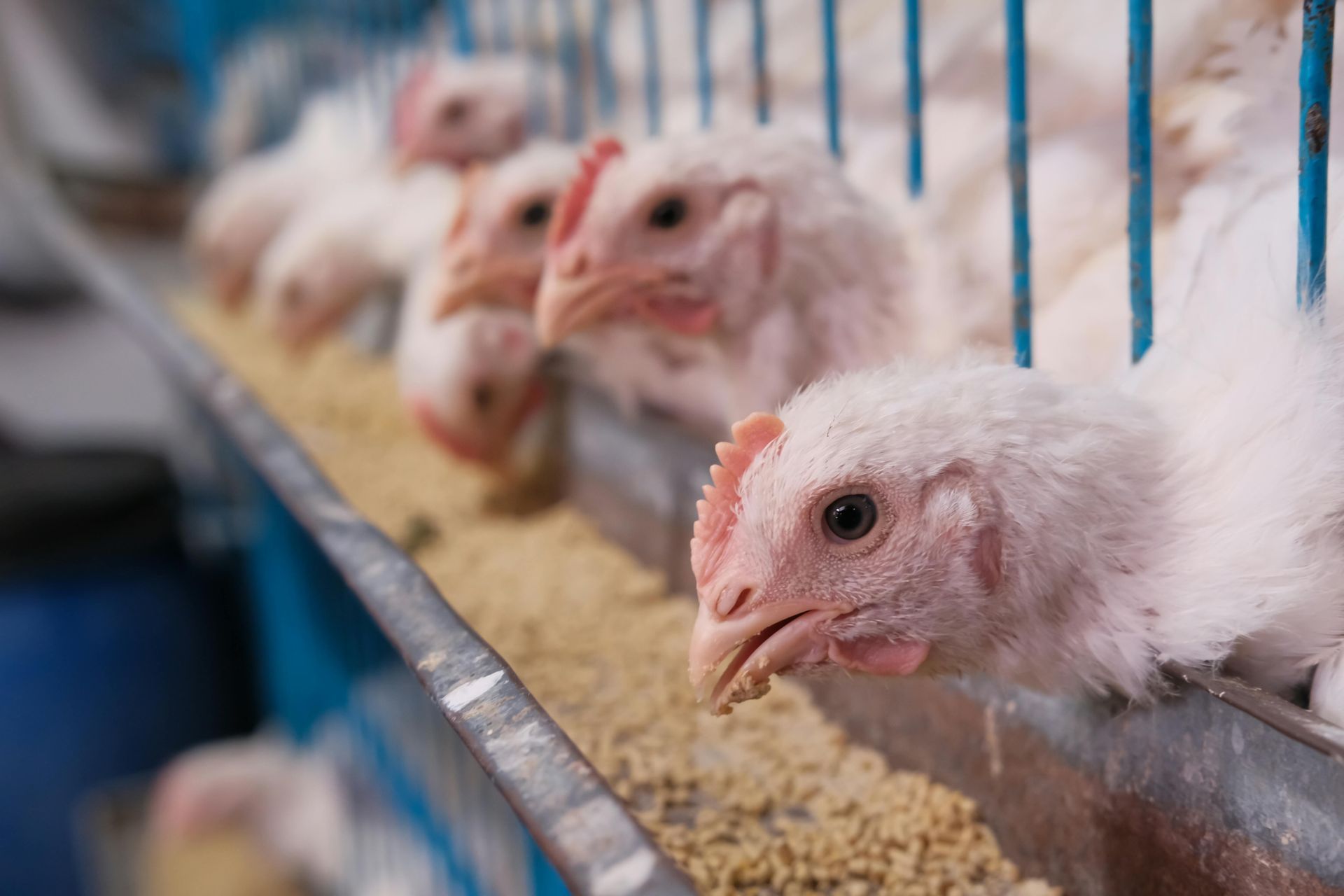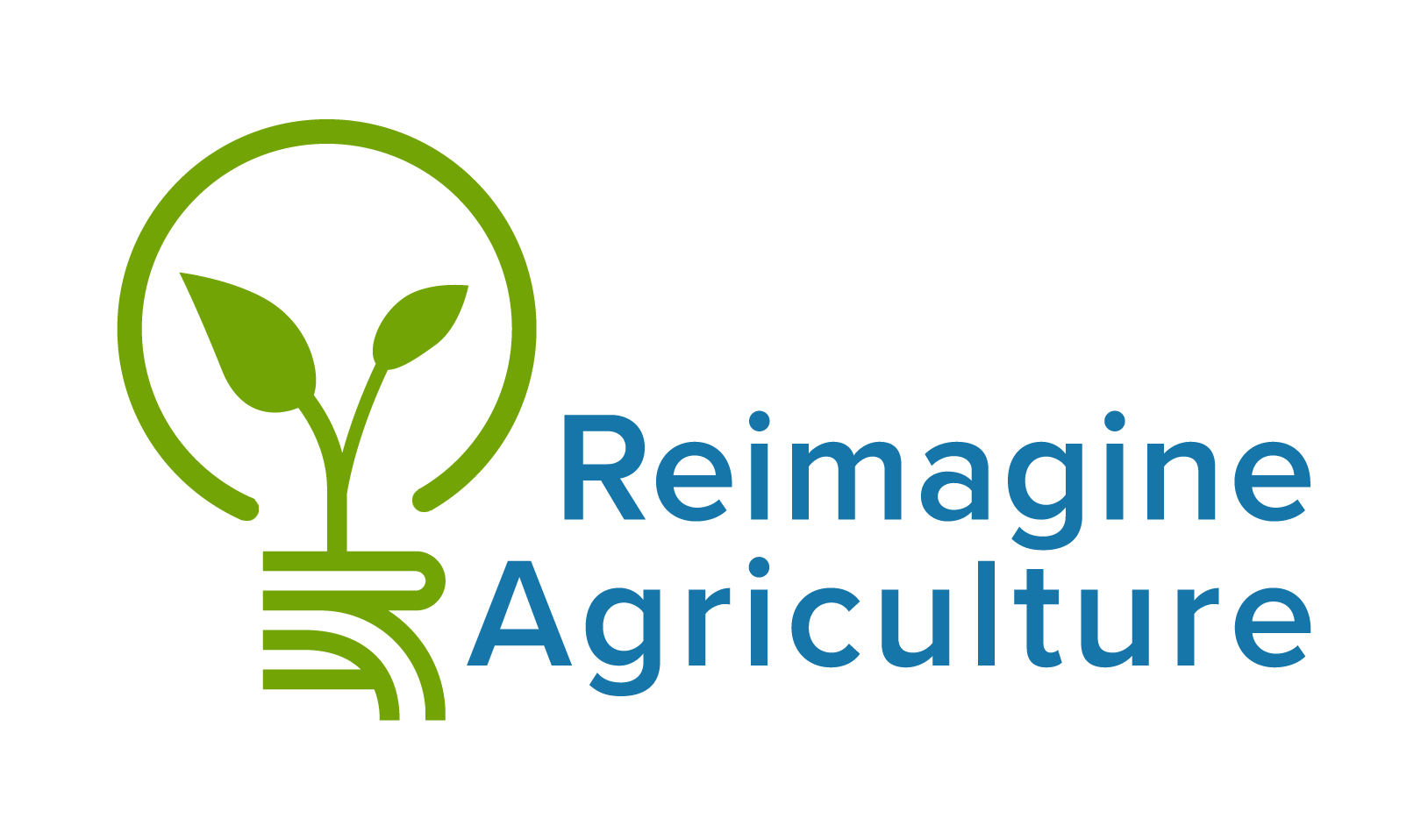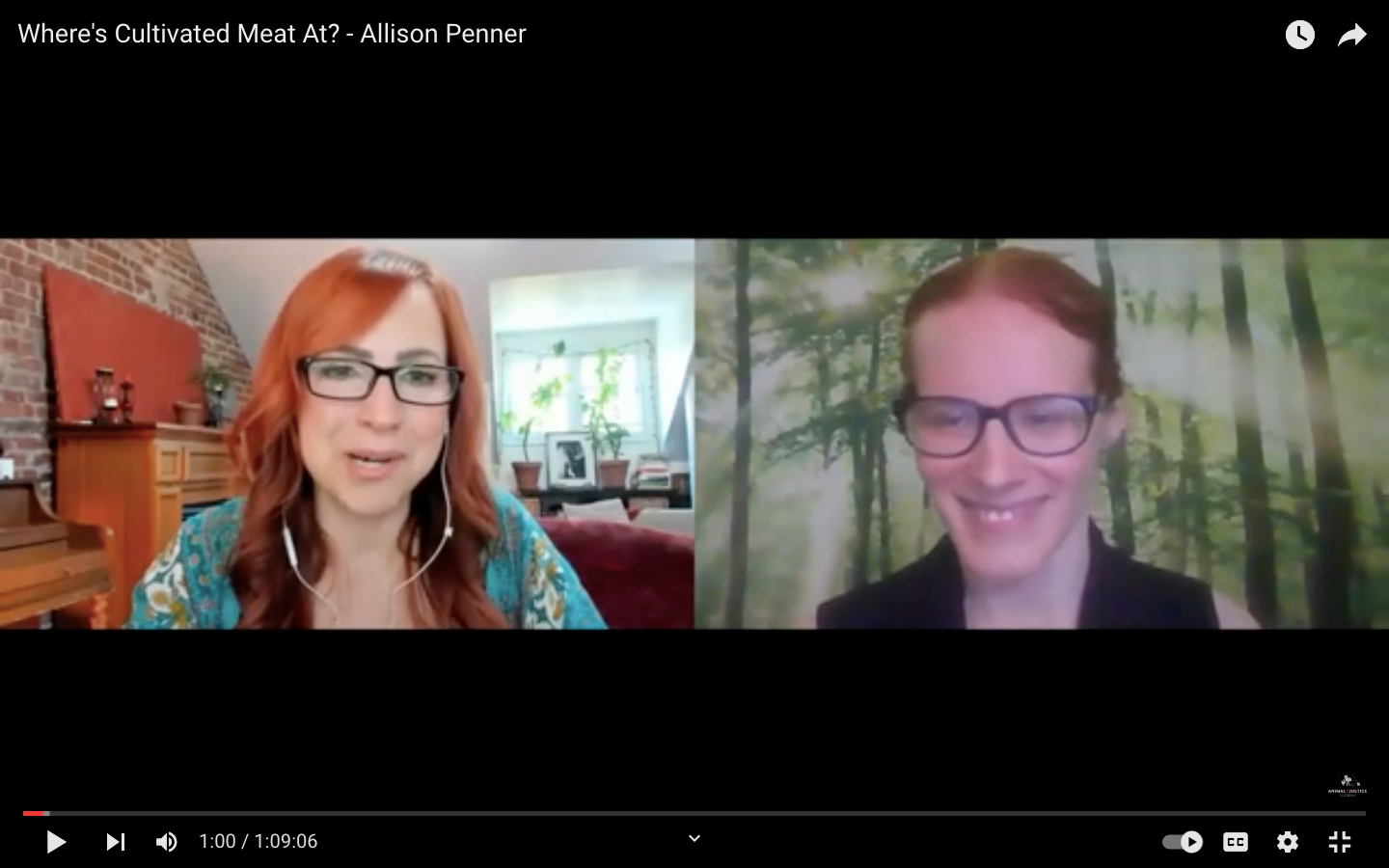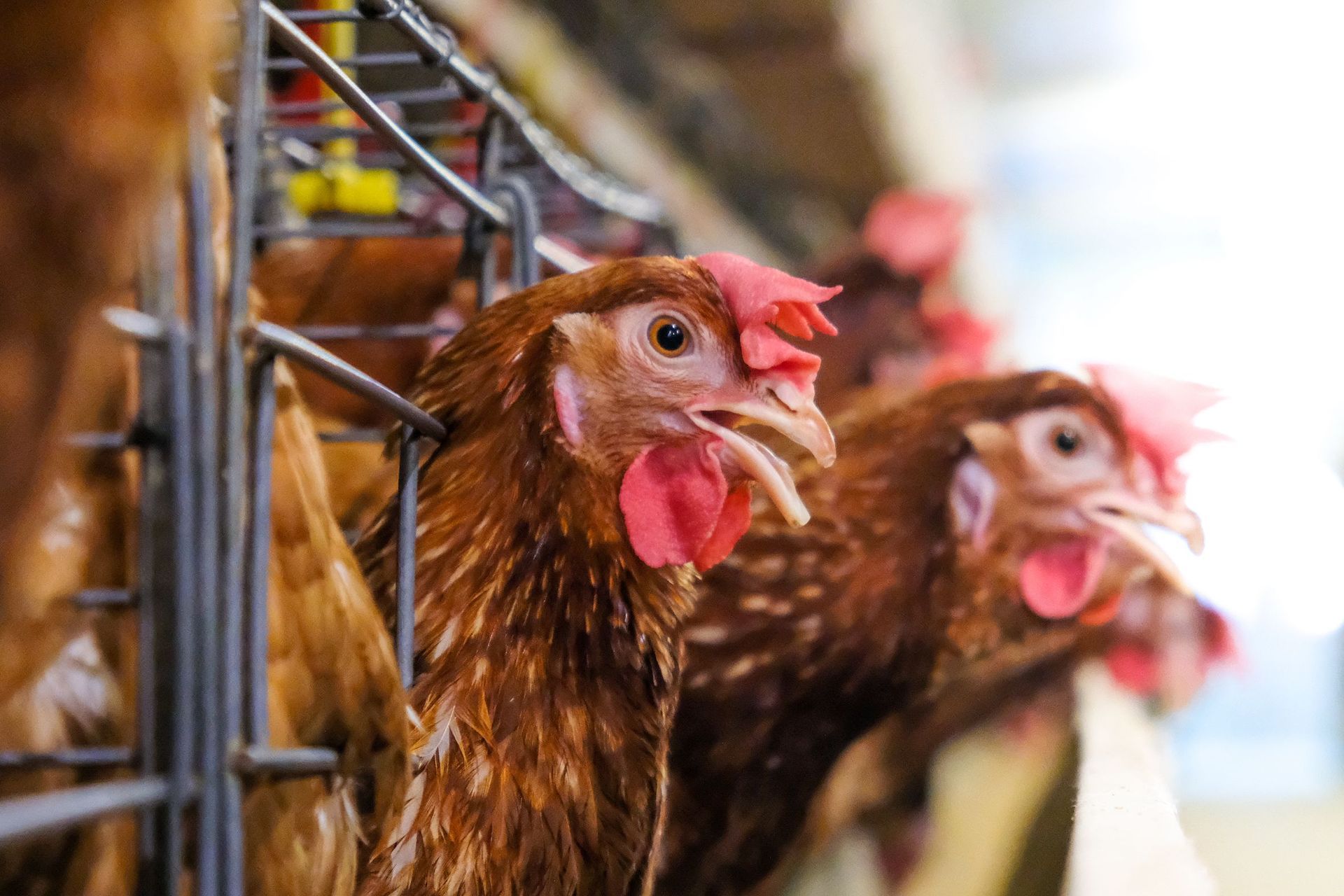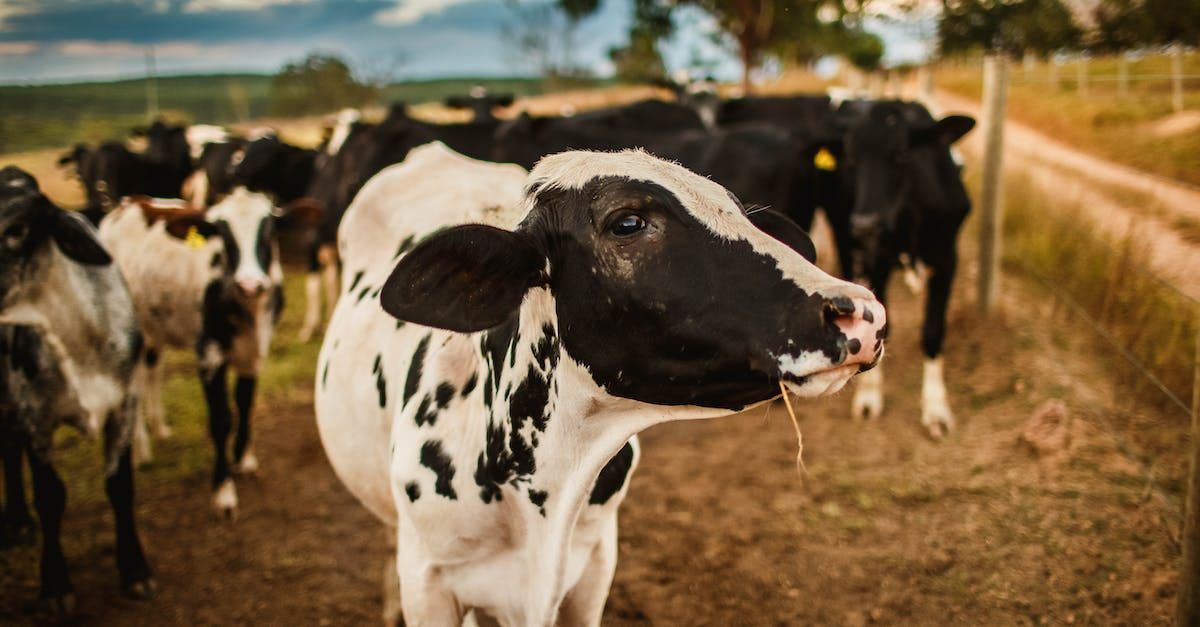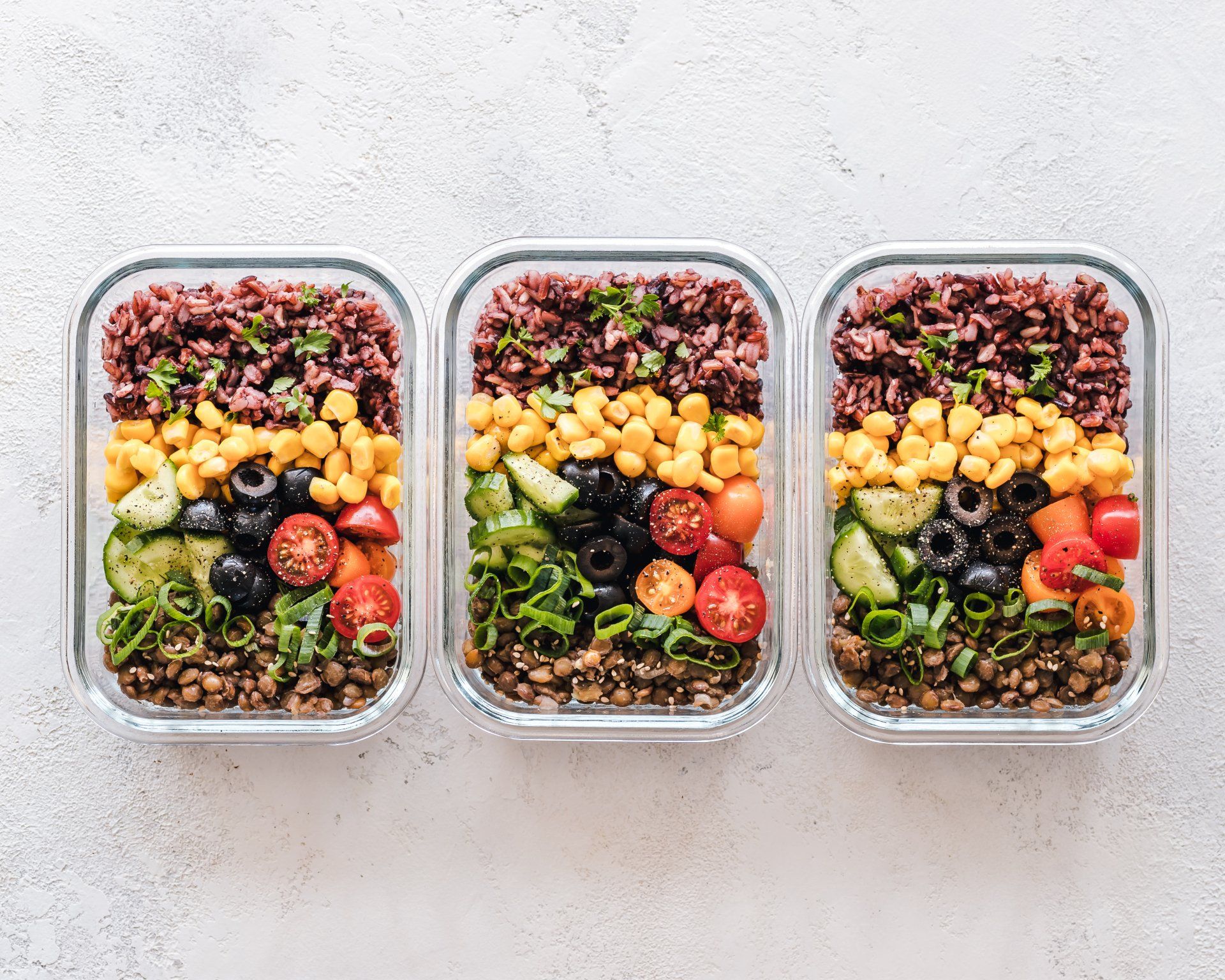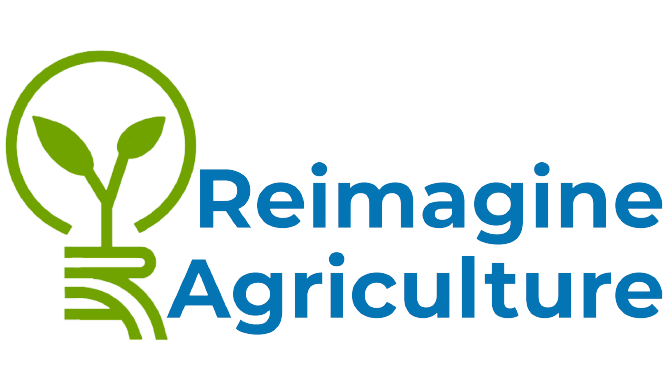Cultivated Meat Moves Closer to Mass Production
Mosa Meat Clears a Production Hurdle, Shares Discovery With Competitors
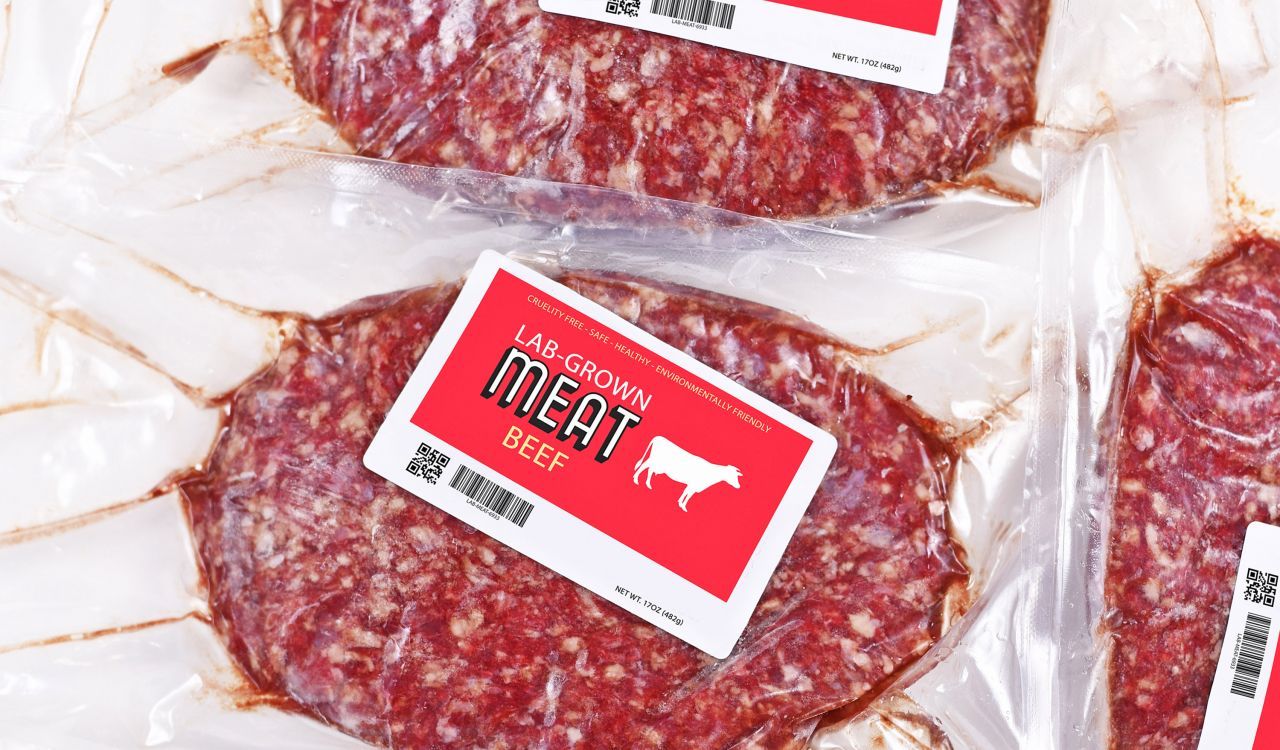
By: The Policy Campaign Team
After a year that brought little in terms of good news (COP26, global extreme weather events and growing food insecurity), a major breakthrough in cultivated meat research brings hope for a food and climate secure future.
On the 13th of January 2022, Mosa Meat
announced that they have successfully created cultivated meat without fetal bovine serum (FBS). The peer-reviewed paper, published in Nature Food, debunks the popular myth that cultivated meat is not a viable option for addressing major societal and environmental issues.
Cultivated meat technology allows scientists to grow meat in a sterile food production facility - similar to brewing beer or culturing yogurt. The final product is biologically identical to traditionally-reared meat without the many environmental, health and ethical costs of current animal agriculture.
This announcement also combats a
series of headlines from 2021 that argued how reliance on FBS (derived from cow fetuses) offsets the environmental benefits of cultivated meat, thus limiting its scalability. Fortunately, Mosa Meat's decision to publicly share the pathway to create cultivated meat without FBS has removed this limiting factor and the main argument against cultivated meat.
The cultivated meat industry has developed significantly in the last few years, seeing significant research investment from big players like JBL Meat and the USDA and products regulated for sale in Singapore. While Mosa Meat has torn down the barrier presented by FBS, other obstacles still remain. Significant public and private financing are needed to bring this technology's climate and social benefits to fruition - an area where Canada is falling behind agricultural innovators such as the US and the Netherlands.
There is an urgent need to address growing global concerns such as climate change, antibiotic resistance, pandemics and food insecurity. While movements like Veganuary support those willing and able to adhere to an ethical and climate-friendly plant-based diet, it is clear this is not a one-size-fits-all solution. We cannot stop the growing demand for and consumption of meat, but we can offer an ethical, sustainable and healthy solution: cultivated meat.
Climate change, antibiotic resistance, pandemics, environmental destruction, drought, soil degradation and mistreatment of humans and animals all present strong arguments for moving away from conventional meat production. We need governments to recognize the potential for cultivated meat to address all of these issues and support the development of this industry. Together, we can ignite an agricultural revolution by cultivating our meat, allowing us to relieve the exhausted earth and ensure global food security.
To Learn More About Cultivated Meat...
You can check out our video series explaining what cultivated meat is all about.
You can sign our cultivated meat petition.
Or if you want to do more to help us push for cultivated meat legislation, you can read our policy brief and sign up to be a policy advocate.
References:
https://mosameat.com/blog/cultivating-beef-without-fetal-bovine-serum
https://www.greenqueen.com.hk/mosa-meat-fetal-bovine-serum-cultivated-meat/
